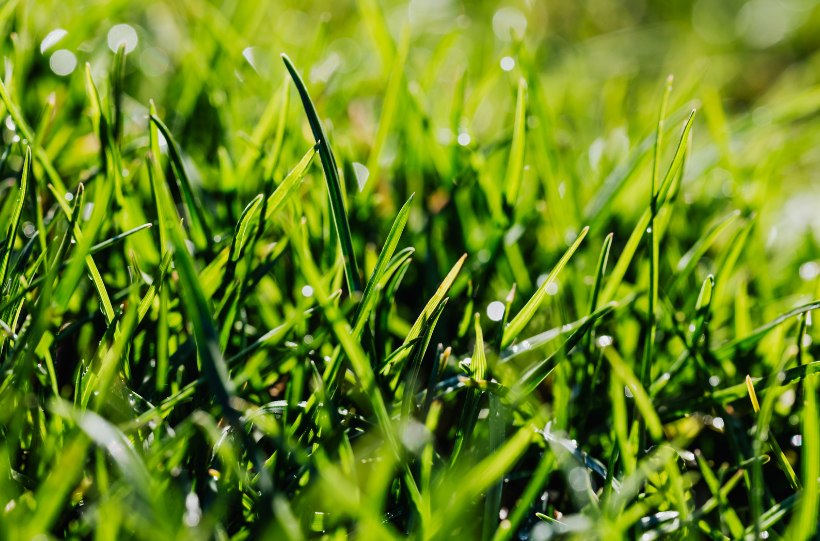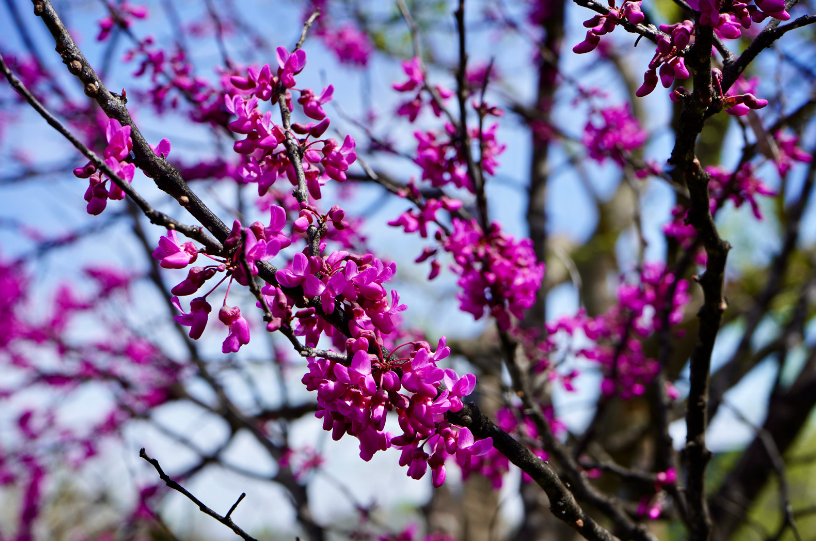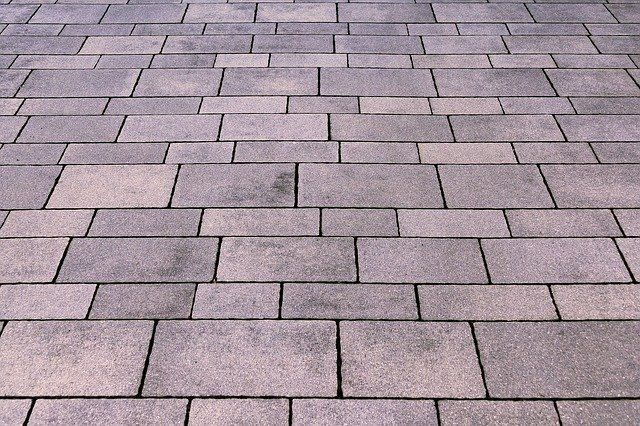When Should You Power Rake Your Yard?
If your yard has an unhealthy level of thatch buildup, power raking can remove this dead organic material from around the roots of your grass, helping your grass to reach the water and nutrients it needs to flourish. There are good times and bad times to power rake, however, and power raking should always be done with care as it does damage your grass. If done at the wrong time or too often, it can cause more harm than good!
One of the main considerations when deciding when to power rake is the type of grass you have. In the Brantford area, most lawns consist primarily of cool season grasses. Species like bluegrass and ryegrass are perfectly suited to our cooler climate, and they also stay greener for longer than warm season grasses would.
Cool season grasses can be power raked in either the spring or the fall (April and September are the months we recommend). These times of year ensure that your grass has plenty of time to recover from power raking before its growing season ends.
Some homes and businesses have hybrid lawns that include a warm season grass like bermuda. Warm season grasses should be power raked in late winter or early spring, so we recommend only power raking in the spring if you have a hybrid yard.
In addition to choosing the correct time of year, it is also important to remember to not power rake your lawn too often. Power raking will cause some damage to your lawn. If done properly, your lawn will recover quickly and will be healthier and thicker than it was before. If done too often or too aggressively, however, it can ruin your lawn.
While we recommend checking the thickness of your thatch every year, we do not recommend power raking unless the thatch is more than ¾” thick. For most lawns, power raking will be necessary every other year at most.
The type of grasses in your lawn can influence how often you need to power rake, as can the type and amount of fertilizer you apply. If you have healthy soil and use an organic fertilizer often, you will likely have very little thatch buildup as the microorganisms in such an environment keep thatch under control. In contrast, Kentucky bluegrass is notorious for its thatch accumulation - if your yard is mostly this species of grass, you will likely have to power rake more often.
If you believe your yard could benefit from power raking, don’t hesitate to give us a call. Our lawn care experts can measure the amount of thatch in your yard and advise you on the best time to power rake. We will even fertilize your yard afterward to help ensure that your grass comes back healthy! When done properly, power raking can turn a struggling yard into a paradise of green. Give your grass plenty of time to recover after the process, and it will thank you in the long run!
You might also like



